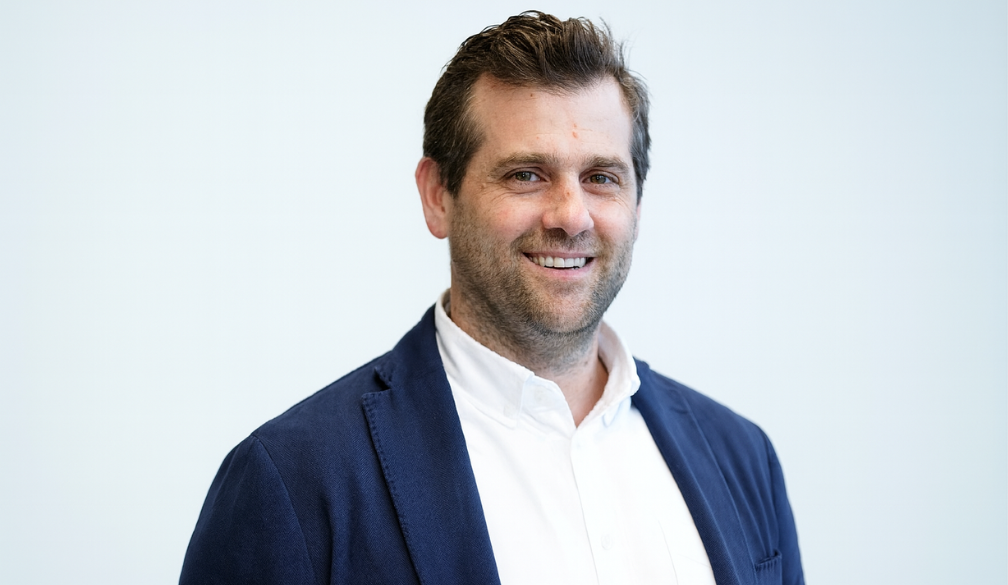the untold damage the PwC scandal has done to the professions
- Written by Simon Longstaff, Honorary Professor, Australian National University

The unfolding PwC scandal[1] could be considered nothing more than an especially egregious example of ethical failure with dire consequences.
However, there are deeper issues to be examined. The most obvious concerns the proper role of the Australian Public Service, and whether or not efforts by successive governments to hollow it out have caused damage that will take a generation to repair. Less obvious is the damage done to an essential component of Australia’s ethical infrastructure: the professions.
Australian governments have long been captivated by physical and technical infrastructure. Few politicians can resist the opportunity to don a hard hat and hi-vis vest when announcing new investment in road, rail, bridge and dam projects. There is equal pride in initiatives including the National Broadband Network, quantum computing and improved cybersecurity.
Read more: There's more than reputation at stake: PwC faces penalties, including possible jail time[2]
Unfortunately, there is little interest in the ethical “infrastructure” that determines the extent of public trust in major public- and private-sector institutions. Without that trust, reform becomes almost impossible – or only after untimely delays and great cost.
As with physical and technical infrastructure, the quality of a nation’s ethical infrastructure has tangible effects on a nation’s economy. For example, Deloitte Access Economics[3] has estimated that just a 10% improvement in ethics, across Australia, would generate an extra A$45 billion in GDP each year.
What is ethical infrastructure?
There are many components to this ethical infrastructure. However, one of the most important is the professions – whose members influence nearly every aspect of our lives. To understand their distinctive role, one needs to recognise the difference between two “worlds”: those of the market on one hand, and the professions on the other.
The essential character of the market was defined by Scottish economist and philosopher Adam Smith[4]. It is a place where self-interested actors satisfy the wants of others. Smith prohibits lying, cheating or the oppressive use of power – as all harm the free market. Self-interested conduct is mediated by the so-called invisible hand[5], which Smith argues leads to an increase in the stock of common good. Indeed, that is the test any market must pass: does it, in practice, make us all better off?
Read more: Consultants like PwC are loyal to profit, not the public. Governments should cut back on using them[6]
The second world – the professions – is, in two respects, the opposite of the market. First, members of the professions do not satisfy the wants of others; they are obliged to serve the interests of others. For example, a diabetic might want to consume a large block of chocolate. The market will happily satisfy this want as long as the customer can pay the tariff. However, a doctor will refuse to provide the chocolate because it is not in the interests of their patient to do so.
Second, professionals are obliged to put aside self-interest in favour of the public good. For example, as officers of the court, lawyers are obliged to help in the administration of justice. This takes precedence over duties to the client and to the profession. Only after all other interests have been served may a lawyer look to their self-interest. The same holds for the members of every true profession.
In recognition of this practice, society enters into a social compact with the professions. It accords status, and gives them access to certain work that others may not do. It establishes privileges (such as the shield laws that protect journalists’ sources). The quality of the social compact waxes and wanes over time – but can exist only for as long as the professions honour their commitment to reject the logic of the market.
The importance of independence
It is the ethical foundations of the professions – in particular the putting aside of self-interest – that makes it possible for Australian governments to outsource public-sector functions to large, professional consulting firms such as PwC. After all, governments have an inalienable duty to act solely in the public interest. It is inconceivable they would turn over any of their functions to a self-interested entity. That would be to invite the fox into the hen house.
Central to each of the “Big Four” consulting firms is their auditing practice. Compared with consulting, auditing is a minnow in terms of revenue and influence. However, there lies the core of accounting’s professional ethos with its commitment to what is true and fair. Auditors should be the quintessential professionals – independent and divorced from the ethos of the market. So, when an auditing firm, like PwC, works for government, it is assumed they can be trusted. Until they cannot.
What impact will PwC’s behaviour have on other professions?
We do not know the full extent of what happened at PwC. However, it seems likely that, at some point, some part of the firm abandoned the world of the professions in favour of the market – placing self-interest before all other considerations.
Read more: Consultants like PwC are loyal to profit, not the public. Governments should cut back on using them[8]
Now we are left to wonder. Was this just a small part of PwC, or has the rot infected larger parts of the company? If the professional ethos of PwC has been corrupted, how is this risk being managed in other, similar organisations?
Most troubling of all, can society still rely on the social compact it has struck with the professions more generally? Or has this once-vital piece of ethical infrastructure fallen into disrepair?
Whether you care about the quality of our society, or the economy, or the possibility of progress, you should care about the quality of our nation’s ethical infrastructure. It’s time to reinforce what remains so it’s not all lost, through neglect, cynicism or indifference, and to our considerable cost.
References
- ^ PwC scandal (www.abc.net.au)
- ^ There's more than reputation at stake: PwC faces penalties, including possible jail time (theconversation.com)
- ^ Deloitte Access Economics (www2.deloitte.com)
- ^ Adam Smith (www.adamsmith.org)
- ^ invisible hand (www.britannica.com)
- ^ Consultants like PwC are loyal to profit, not the public. Governments should cut back on using them (theconversation.com)
- ^ Shutterstock (www.shutterstock.com)
- ^ Consultants like PwC are loyal to profit, not the public. Governments should cut back on using them (theconversation.com)
















